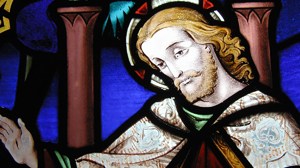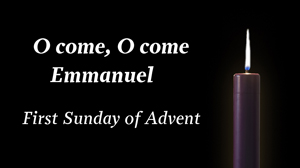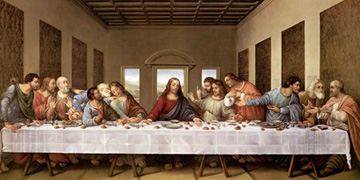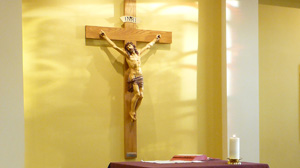Isaiah 29:17-24
Matthew 9:27-31
Reflection:
One of our men in the Passionist Mexican Province of Cristo Rey writes his own kind of “blog” to those who ask to be on his mailing list. Rather than using blog-software, he simply sends an e-mail narrative of his week’s ministry and reflections on his Passionist vocation of service to the poor. He also includes a batch of 4-7 pictures to help those unfamiliar with his area of Mexico to visualize what he writes about.
In this last week’s installment, he spoke of how Advent is divided into two parts. The first part, from the First Sunday of Advent to December 16, features the contextual scripture passages that are seemingly cosmic in scope. The human race earth yearns for its savior who will restore the hierarchy of God among believers. Peoples’ fortunes have transited from power and victory to weakness and subjection…and back! Human history seems as fickle as any human being can be.
However, from December 17 to Christmas Eve, he tells us that the Church’s Advent liturgical prayer focuses on the Savior who is to be born. The marvelous “O Antiphons” of the Vesper prayer inspire us to hope for the transformation about to enter into the human way of life through the Incarnation of Jesus.
The first reading, from Isaiah reminds us of this longing for a day of deliverance from the tyranny of sinfulness…”And out of gloom and darkness, the eyes of the blind shall see. The lowly will ever find joy in the LORD, and the poor rejoice in the Holy One of Israel.
The Gospel passage from Matthew, the restoration of sight to blind persons, puts an exclamation point on the hopes of the human race, Our Savior will respond to our need out of the measure of our faith.
As we move forward in the Advent time of 2016, we see the pressing need around us to become a people of hope and confidence that in the measure of our faith, is the measure of our share in the Incarnational gift of this holy season.
Fr. Arthur Carrillo, C.P., is the director of the Missions for Holy Cross Province. He lives in Chicago, Illinois.








